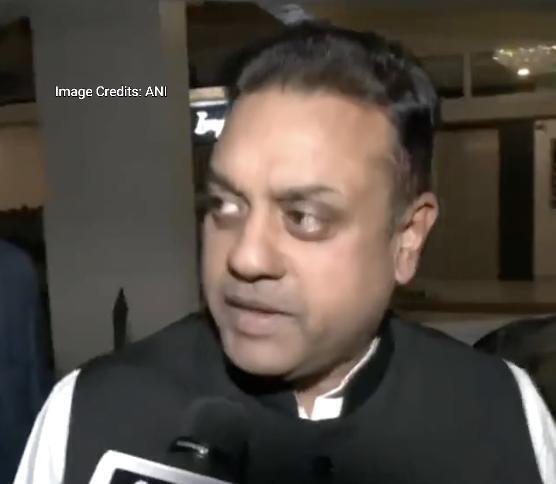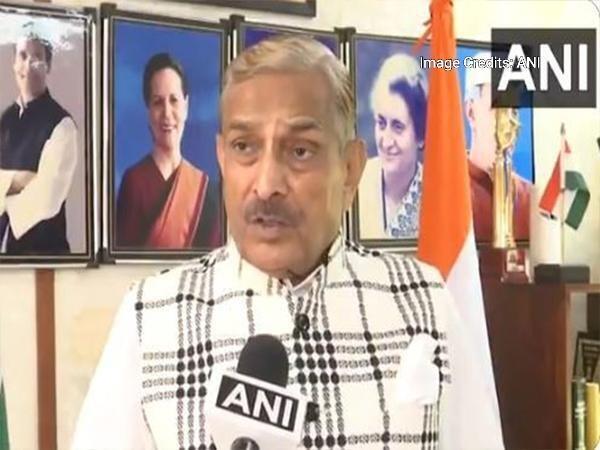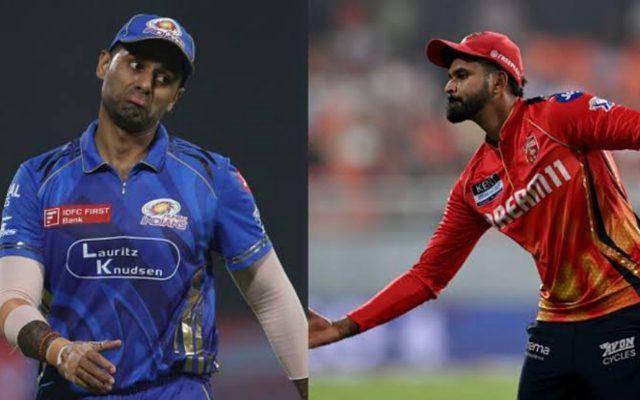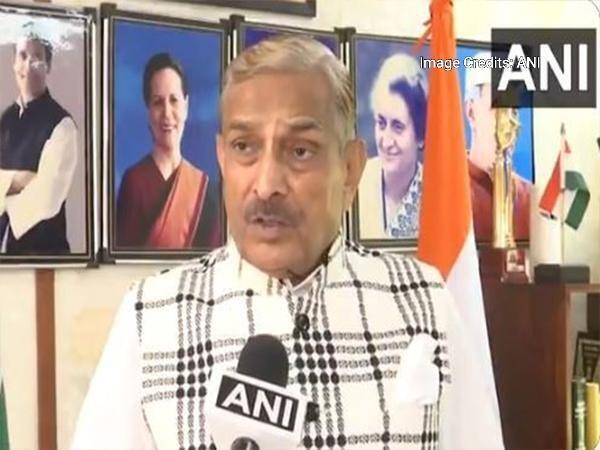
It’s a Suspended Animation: Patra on President’s Rule in Manipur
The political landscape of Manipur has taken a dramatic turn as President’s Rule was imposed in the state on Tuesday evening. The decision comes in the wake of Chief Minister Biren Singh’s resignation on Sunday, which had set the clock ticking for the assembly to convene. With the deadline for convening the Assembly expiring today, the Centre was left with no choice but to impose President’s Rule. Reacting to the development, BJP leader and the party’s northeast in-charge, Sambit Patra, described the situation as “suspended animation”.
In an interview with ANI, Patra said, “It is a suspended animation. You know, when you are in suspended animation, you are not dead, you are not alive. You are just in a state of suspended animation. That’s what is happening in Manipur.” His statement seems to suggest that the state is caught in a limbo, neither fully under the control of the Centre nor fully autonomous.
The imposition of President’s Rule in Manipur has sparked a volley of reactions from various quarters. While some have hailed the move as a necessary step to maintain law and order in the state, others have criticized it as a political ploy to undermine the democratic process. The opposition parties in Manipur have already begun to protest the decision, terming it as an “undemocratic” move.
The situation in Manipur has been volatile for quite some time now. The state has been plagued by insurgency and violence, with various ethnic groups and militant outfits vying for power. The fragile peace that had been maintained in the state was breached when the BJP-led government, which had been in power since 2017, lost its majority in the Assembly. The Chief Minister’s resignation, which had been seen as a desperate attempt to cling to power, had further destabilized the situation.
The Centre’s decision to impose President’s Rule in Manipur has been seen as a move to prevent the state from descending into chaos. However, the opposition parties have accused the Centre of trying to suppress the democratic voice of the people of Manipur. The move has also been criticized for being a breach of democratic norms and for undermining the principles of federalism.
Patra’s statement, however, suggests that the Centre is not interested in imposing its will on the state, but rather is trying to provide a temporary solution to the crisis. He said, “We are not interested in imposing anything, we are just trying to provide a temporary solution to the crisis. We want to ensure that the state is stable and that the people of Manipur are safe.”
The Centre’s decision to impose President’s Rule in Manipur has also been seen as a test of its commitment to the principles of federalism. The move has been criticized for being an overreach by the Centre and for undermining the autonomy of the states. However, Patra has defended the decision, saying that it was necessary to maintain law and order in the state.
In conclusion, the imposition of President’s Rule in Manipur has sparked a heated debate on the role of the Centre in state politics. While some have hailed the move as a necessary step to maintain law and order, others have criticized it as a political ploy to undermine the democratic process. As the situation in Manipur continues to unfold, it remains to be seen how the Centre will navigate the complex web of politics in the state.






